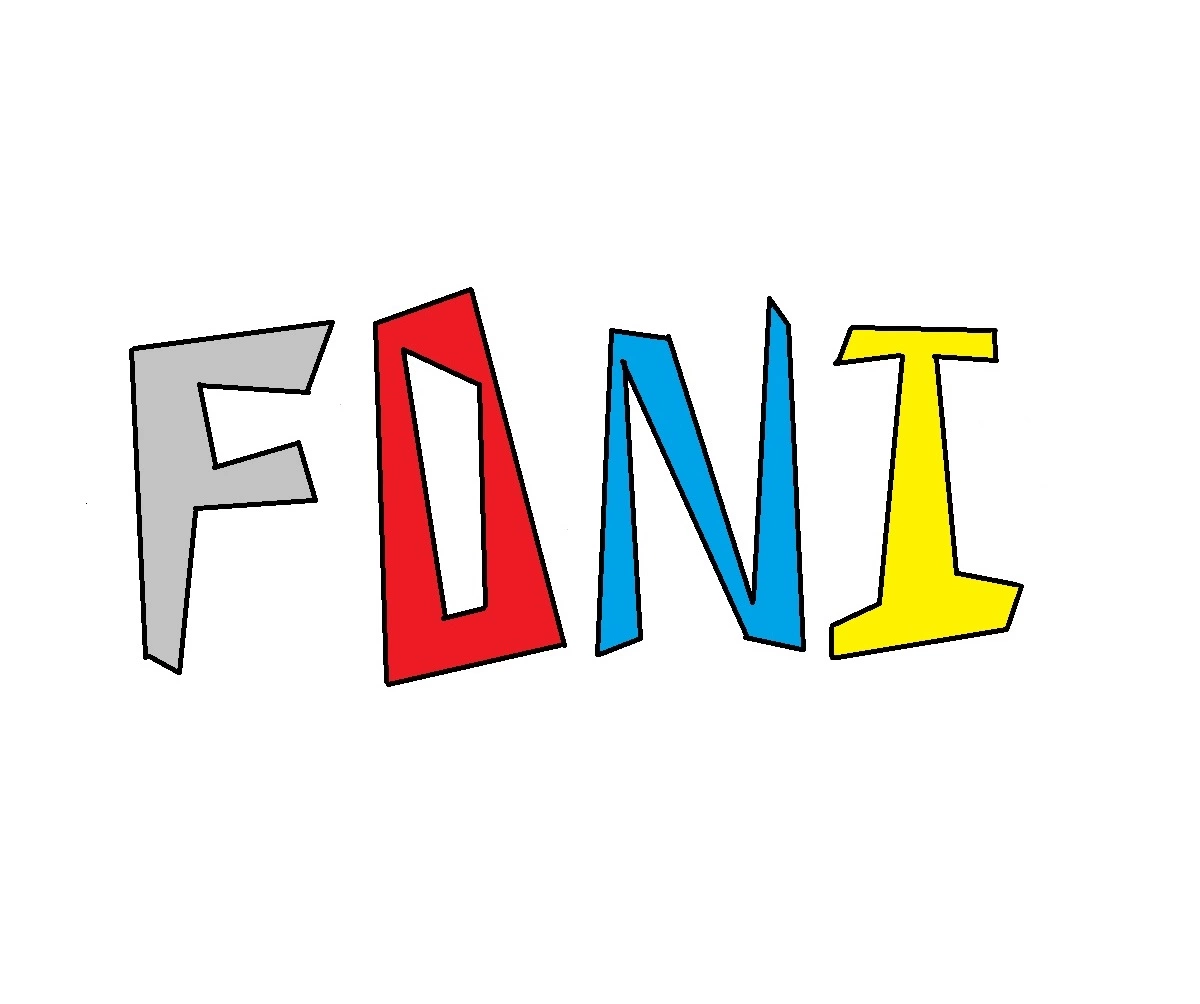One of the few things I remember from my French classes in high school was that the letter is called “double V” in that language. Why did English opt for the “U” instead?
You can hear the French pronunciation here if you’re unfamiliar with it:
https://www.frenchlearner.com/pronunciation/french-alphabet/
V and W are right next to each other in alphabetical order, which seems to lend further credence to the idea that it should be “Double V” and not “Double U”. In fact, the letter U immediately precedes V, so the difference is highlighted in real-time as you go through the alphabet:
- …
- U
- V
- W
- X
- Y
- Z
It’s obviously not at all important in the grand scheme of things, but I’m just curious why we went the way we did!
Cheers!
well, okay, so:
U, V, and W are all descended from the same letter in Latin. V and W are the consonate versions of that ur-letter and U is the vowel version.
But W is much closer to the remaining vowel sound: We could spell “whiskey” as “uiskey” without really changing the pronuncuation, for example.
So despite the glyph, it’s much closer to a U than a V; it’s the U that saw glyphic differentiation even though it’s V that saw phonic differentiation.
So to put it in plain words:
The English are an illiterate bunch of alcoholics who base their entire language on the way it’s pronounced when you’re in the pub.
While the French are a stuck up bunch of pretend aristocrats who based their entire language on the scripts of the court.
deleted by creator
I write my "w"s like “uu”. With curves.
Must make it challenging to express “uwu.”
UuuU
Fun fact, in Italian “w” is sometimes referred to as “doppia v” which is “double v”.
Same in Swedish! “dubbel v”
The same in Spanish




